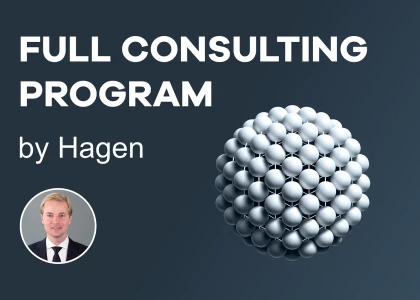Hi everyone,
I was wondering about the differences between a junior specialist (Sustainability) and junior associate at McKinsey.
My recruiter told me that they're both client facing and that the work is exactly the same but as a specialist i'd just be doing projects related to sustainability. Does anyone have any other insights to this? regarding work, travel, promotions etc
thanks!














